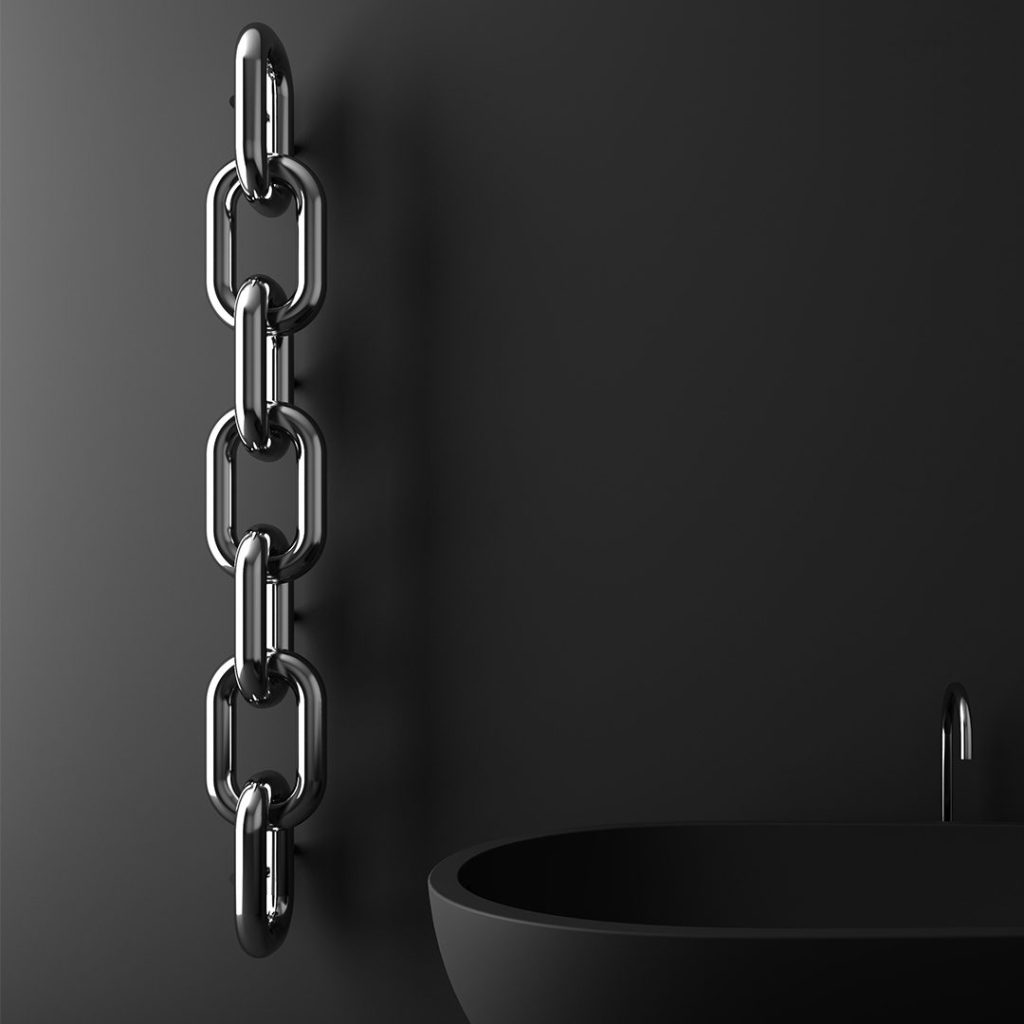Looking for top-notch condensing boiler installation experts in Egypt? Our team at Edges Heating Systems specializes in providing high-efficiency boiler installations that not only enhance your home’s energy efficiency but also increase its resale value, making it more attractive to environmentally conscious buyers. Trust us to deliver exceptional service and expertise for your HVAC needs! Contact Edges’ experts.
Upgrade to a High-Efficiency Boiler: Transform Your Home’s Comfort and Energy Savings
A condensing system boiler is a highly efficient heating system that recovers heat from exhaust gases that would otherwise be wasted. Unlike conventional boilers, it utilizes a secondary heat exchanger to condense water vapor from the flue gases, extracting additional heat and improving efficiency to over 90%.
How It Works:
- Burning Fuel: The boiler uses gas or oil as fuel to produce heat.
- Primary Heat Exchange: Heat is transferred to the water that circulates within the system.
- Condensation Process: The remaining heat from the exhaust gases is captured, cooling them down and condensing the water vapor.
- Efficient Heat Recovery: The recovered heat is utilized to preheat the incoming water, which helps to reduce energy consumption.
Benefits:
- Higher Efficiency: Uses less fuel while providing the same amount of heat.
- Lower Emissions: Reduces carbon footprint by utilizing more of the fuel’s energy.
- Cost Savings: Lower energy bills due to improved efficiency
How do condensing boilers compare to traditional boilers?
Condensing boilers are Condensing boilers are significantly more efficient than traditional non-condensing boilers because they recover heat from exhaust gases that would otherwise be wasted. Here’s a comparison:
- Efficiency
- Condensing Boilers: Can achieve up to 90-98% efficiency by utilizing a secondary heat exchanger to extract additional heat from flue gases.
- Traditional Boilers: Typically 75-80% efficient, as they release hot exhaust gases without recovering extra heat.
- Environmental Impact
- Condensing Boilers: Produce less carbon dioxide, making them a more eco-friendly option.
- Traditional Boilers: Waste more energy and contribute more to air pollution.
- Cost Considerations
- Condensing Boilers: Higher initial cost, but lower energy bills due to improved efficiency.
- Traditional Boilers: Cheaper to install but higher long-term costs due to wasted energy.
- Maintenance & Longevity
- Condensing Boilers: Require more maintenance due to additional components like a secondary heat exchanger.
- Traditional Boilers: Simpler design means lower maintenance costs, but they are becoming less common due to efficiency regulations.
How do boiler efficiency ratings impact energy bills?
Boiler efficiency ratings have a direct impact on energy bills because they determine how much fuel is converted into usable heat. The higher the efficiency, the less fuel is wasted, leading to lower heating costs.
How Efficiency Ratings Affect Costs
- High-Efficiency Boilers (90%+ AFUE): Convert 90% or more of fuel into heat, reducing waste and lowering energy bills.
- Mid-Efficiency Boilers (80-89% AFUE): Waste more fuel, leading to moderate energy savings.
- Low-Efficiency Boilers (Below 80% AFUE): Waste a significant portion of fuel, increasing heating costs.
Potential Savings
- Upgrading from a low-efficiency boiler to a high-efficiency model can save homeowners hundreds of dollars per year.
- A boiler with 90% efficiency uses 90% of its fuel for heating, while an older boiler with 70% efficiency wastes 30% of the fuel.
Environmental Benefits
- High-efficiency boilers reduce carbon emissions and energy consumption.
- Many modern boilers meet strict efficiency regulations, ensuring better performance and lower environmental impact.
Why Make the Switch? Discover the Top Advantages of High-Efficiency Boilers
What Is a High-Efficiency Boiler?
A high-efficiency boiler is a modern heating system that uses less energy while providing excellent performance. These boilers have Annual Fuel Utilization Efficiency (AFUE) ratings of 90% or higher, compared to about 70% for older models. This improved efficiency is achieved through advanced technologies like condensing systems and modulating burners, which maximize heat extraction and reduce waste.
Why Upgrade? The Top Benefits of High-Efficiency Boilers
1. Dramatic Energy Savings
One of the most compelling reasons to upgrade is the substantial reduction in energy consumption and heating costs.
- Better Fuel Utilization:
- Older boilers waste significant amounts of fuel, while high-efficiency models use innovative heat exchange systems to extract as much energy as possible. This efficiency means less fuel is needed to achieve the same level of warmth.
- Real-World Savings:
- According to the U.S. Department of Energy, upgrading to a high-efficiency boiler can cut heating bills by up to 30%. Over time, these savings add up, making the upfront investment well worth it.
- Quicker ROI:
- The energy savings can help offset the initial installation cost, allowing homeowners to see a return on their investment within just a few years.
What Is a High-Efficiency Boiler?
A high-efficiency boiler is a modern heating system designed to use less energy while delivering superior performance. These boilers achieve higher Annual Fuel Utilization Efficiency (AFUE) ratings compared to traditional models. While older boilers may have an AFUE rating of around 70%, meaning only 70% of the fuel they consume is converted into heat, high-efficiency boilers boast ratings of 90% or higher. This efficiency is achieved through advanced technologies like condensing systems and modulating burners, which maximize heat extraction from fuel while minimizing waste.
Why Upgrade? The Top Benefits of High-Efficiency Boilers
1. Dramatic Energy Savings
One of the most compelling reasons to upgrade is the notable decrease in energy use and heating expenses.
- Better Fuel Utilization:
- Older boilers waste significant amounts of fuel, while high-efficiency models use innovative heat exchange systems to extract as much energy as possible. This efficiency means less fuel is needed to achieve the same level of warmth.
- Real-World Savings:
- According to the U.S. Department of Energy, upgrading to a high-efficiency boiler can cut heating bills by up to 30%. Over time, these savings add up, making the upfront investment well worth it.
Quicker ROI:
The energy savings can help reduce the initial installation cost, enabling homeowners to achieve a return on their investment in just a few years.
2. Improved Home Comfort
Consistent, even heating is another key advantage of high-efficiency boilers.
- No More Cold Spots:
- High-efficiency systems provide uniform heat distribution, ensuring every corner of your home stays warm.
- Modulating Burners for Precision:
- These boilers come equipped with burners that adjust the heat output based on the current demand, providing just the right amount of warmth without overworking the system.
- Fewer Temperature Fluctuations:
- With advanced heating control systems, you can maintain steady temperatures, even during the coldest months.
3. Environmental Benefits
Concerned about your carbon footprint? A high-efficiency boiler is an eco-friendly choice.
- Lower Emissions:
- High-efficiency boilers burn fuel more cleanly, emitting fewer pollutants like carbon monoxide and nitrogen oxides. This leads to improved indoor and outdoor air quality.
- Reduced Greenhouse Gases:
- These boilers use less fuel overall, which significantly reduces the amount of carbon dioxide released into the atmosphere.
- Energy Efficiency and Climate Impact:
- By consuming less energy, high-efficiency boilers contribute to global efforts to combat climate change.
4. Increased Reliability and Durability
Investing in a high-efficiency boiler means you’re investing in a system designed to last.
- Built to Last:
- Modern boilers utilize superior materials and cutting-edge engineering, ensuring a significantly longer lifespan than older models. Investing in a modern boiler means enhanced durability and reliability for your home.
- Fewer Repairs:
- High-efficiency boilers are designed to run efficiently and require minimal maintenance, which reduces the risk of unexpected breakdowns.
- Enhanced Safety Features:
- Safety is a top priority in modern systems, with built-in safeguards that protect the boiler from overheating and other potential issues.
5. Financial Incentives and Rebates
Switching to a high-efficiency boiler doesn’t just save you money on energy bills; it can also make you eligible for rebates and incentives.
- Local Utility Rebates:
- Many energy providers offer cash rebates to encourage homeowners to switch to energy-efficient systems.
- Federal and State Tax Credits:
- Check for tax credits at the federal or state level, which can further reduce the upfront cost of a high-efficiency boiler.
- Manufacturer Discounts:
- Some boiler manufacturers provide special financing options or discounts for homeowners upgrading to their high-efficiency models.
Other Benefits to Consider
- Advanced Technology for Smart Heating
- Many high-efficiency boilers integrate seamlessly with smart home systems, allowing you to control your heating remotely via apps. This adds convenience while maximizing energy efficiency.
- Quiet Operation
- Unlike older models that can be noisy, high-efficiency boilers operate quietly, making your home a more peaceful place.
- Increased Property Value
- Installing a high-efficiency boiler can boost your home’s resale value by appealing to environmentally conscious buyers.


